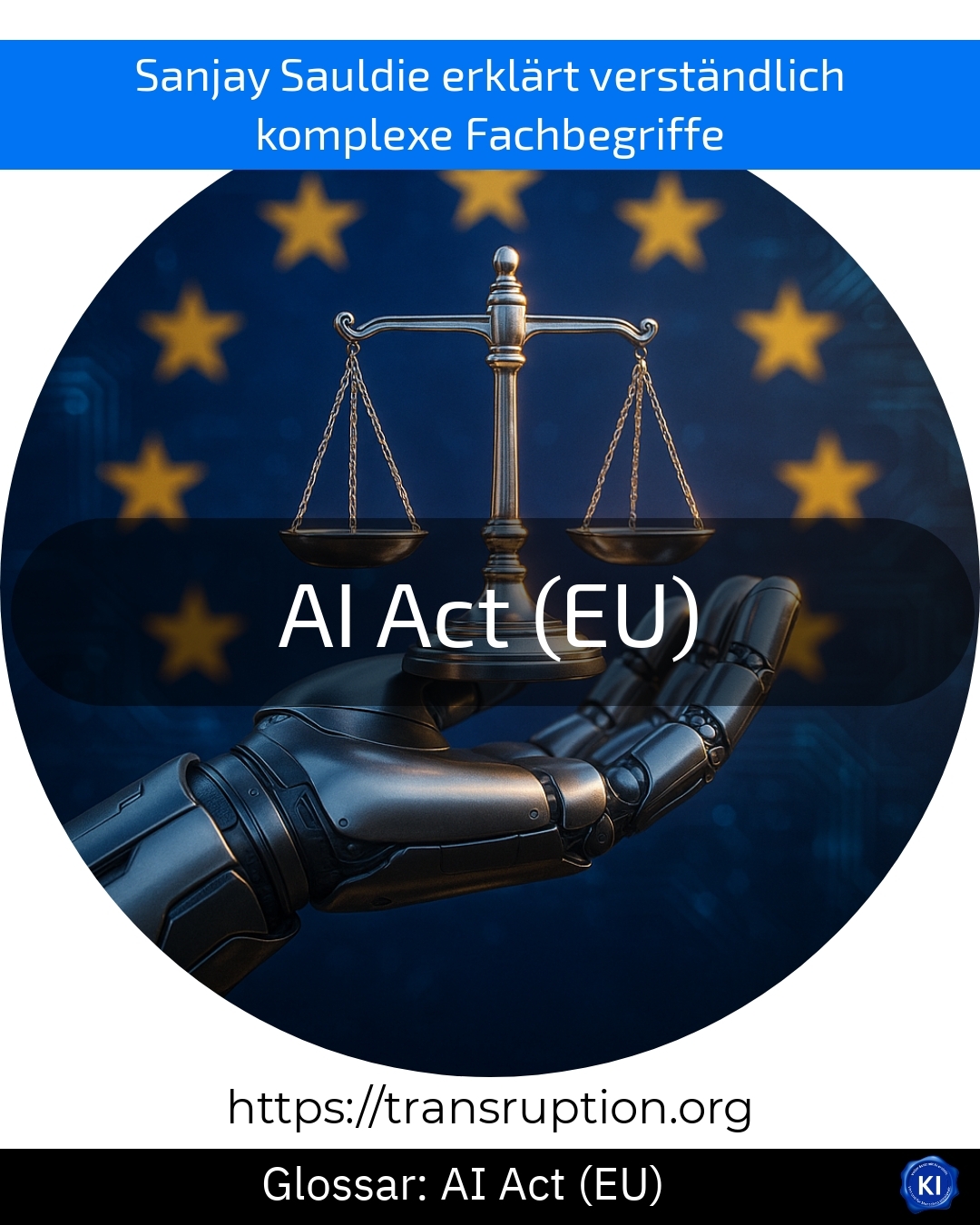The term "AI Act (EU)" is primarily used in the areas of artificial intelligence, digital society and digital transformation. The AI Act (EU) is a European law that establishes rules for the use of artificial intelligence (AI). The EU wants to ensure that AI systems are used safely, transparently and responsibly. The law assesses AI applications according to the level of risk they pose to humans. Systems with a "high risk" must fulfil strict requirements, e.g. in the areas of healthcare or traffic control.
A simple example: an AI programme that pre-sorts applications is covered by the new law. It must function in such a way that there is no discrimination and that the decisions are comprehensible. Companies that develop or use AI systems often have to provide evidence of how they avoid risks. Companies that violate the rules face heavy fines.
For decision-makers, this means that the AI Act (EU) provides clear guidelines so that AI projects can be designed to be secure and trustworthy. This offers companies guidance, but also new obligations - especially when dealing with sensitive applications.















